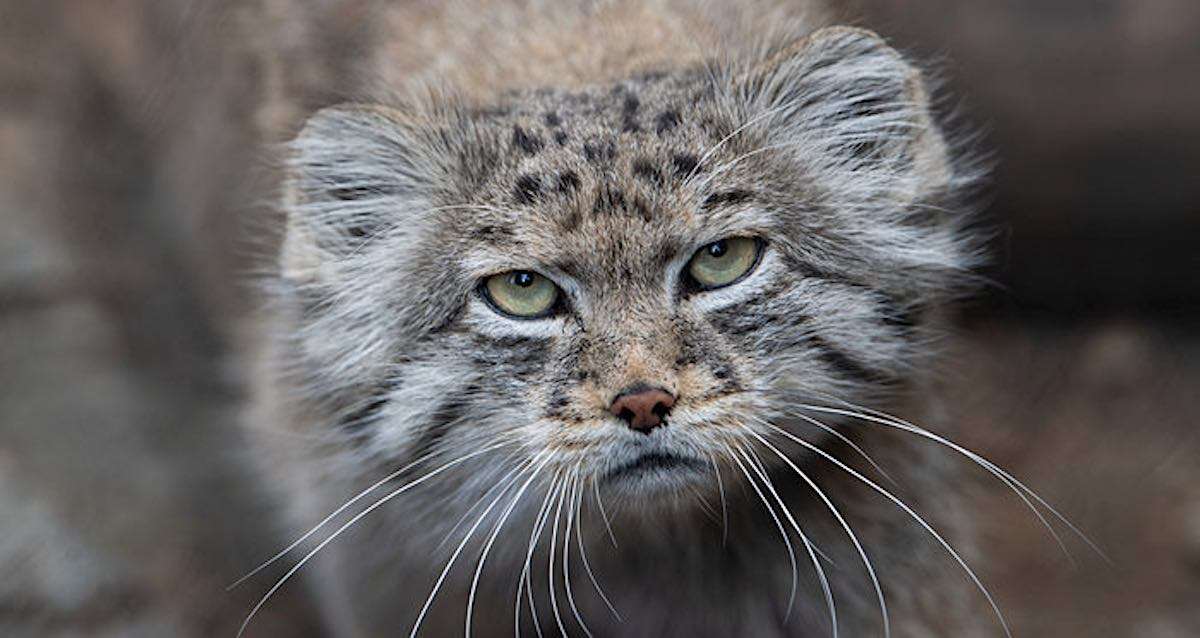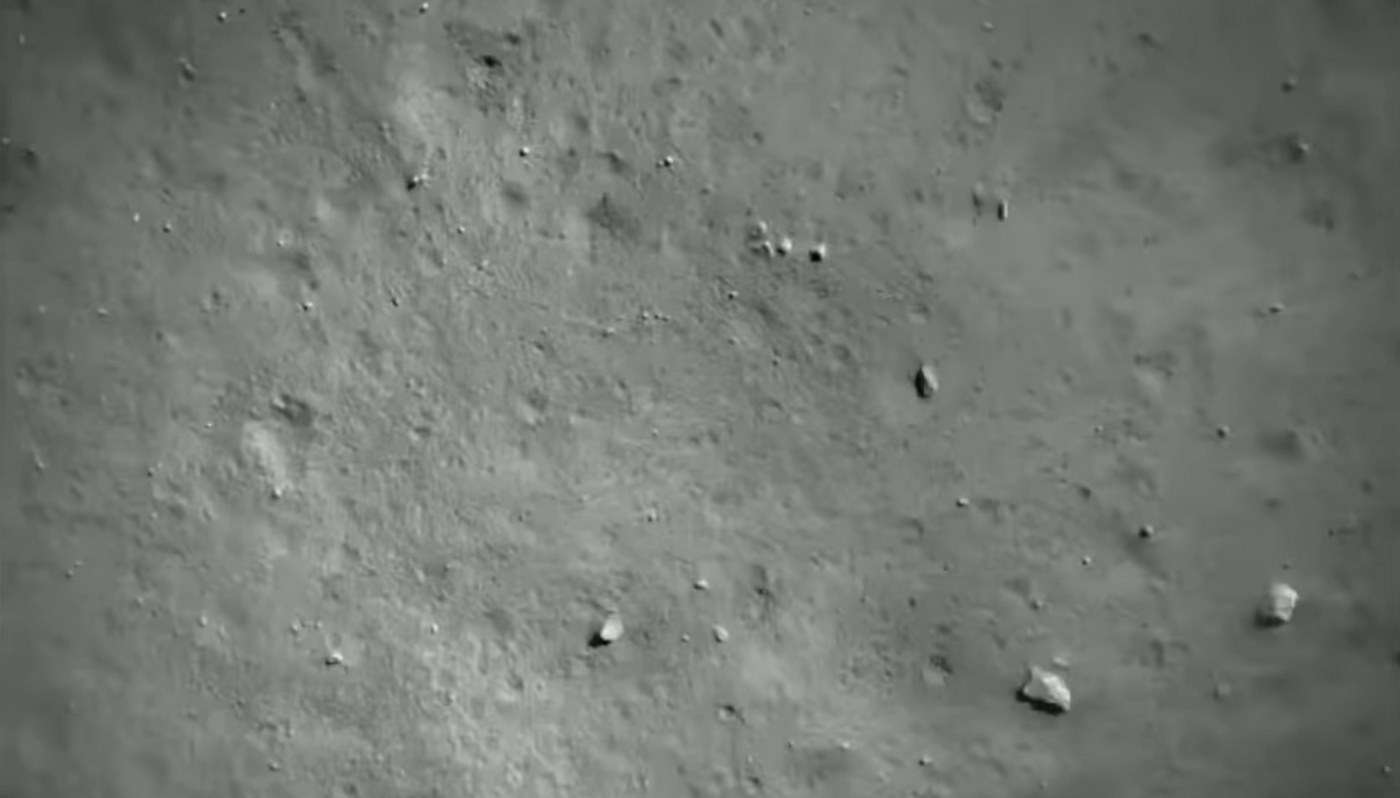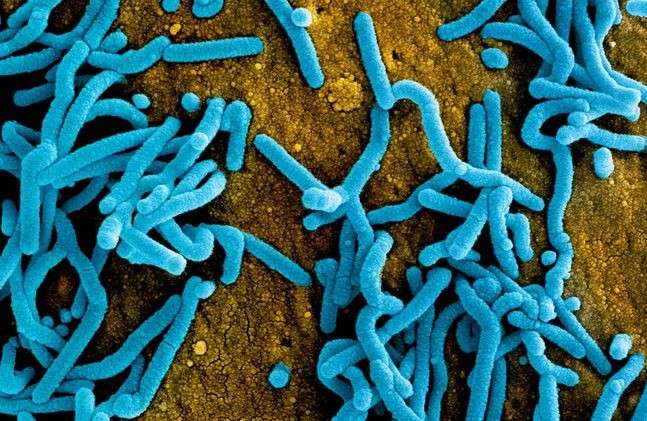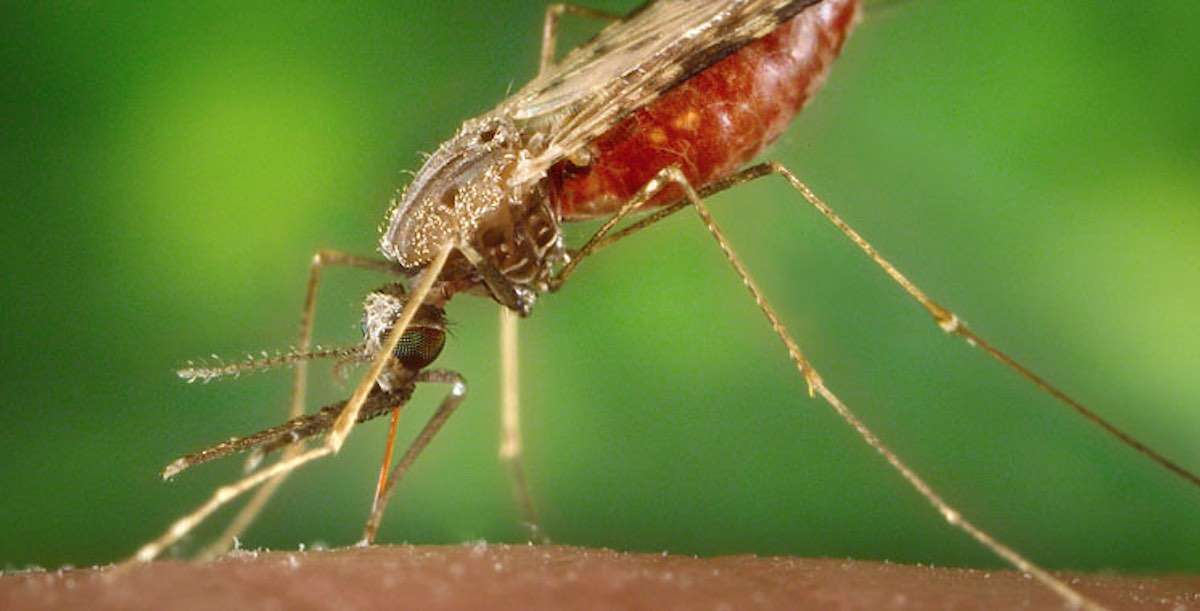Earliest Evidence of Ancestors Using Tools Up to Three Million Years Ago Unearthed in Kenya
The earliest evidence of human ancestors using tools up to three million years ago-before the harnessing of fire-has been unearthed in Kenya.

The earliest evidence of human ancestors using tools up to three million years ago-before the harnessing of fire-has been unearthed in Kenya.

A DNA analysis confirmed that the rare and little-known Pallas' cat lives on the body of Mount Everest—three miles above sea level.

It shows the craft approaching the Oceanus Procellarum (Ocean of Storms) region of the moon at high speed and at an angle.

If approved, it would be the only largely effective response to outbreaks of Marburg virus, an ebola-cousin that's mostly lethal.

On its own, neither DEET, nor the second-most used mosquito repellent picaridan, provides all the desired effects.
The eggs yielded a trove of insights about sauropod reproductive strategies, and turned up 6 new species of dinosaur in the same dig.
The authors recommend instilling the values of physical activity or sport from an early age and by family participation in exercise and sport
Rubble pile asteroids are like big "space cushions" that absorb and ignore impacts, recent findings from Itokawa asteroid have shown.
A meteorite containing the oldest material in the solar system has been found in Antarctica by an international team.
Astronomers using NASA's Hubble Space Telescope have recorded a star's final moments in detail, as it gets gobbled up by a black hole.
A mathematician from Tel Aviv has potentially created a new science when she found flowers can 'hear' bees, and it makes their nectar sweeter
In a groundbreaking discovery, bumblebees were found biting leaves of plants which encouraged flowers to bloom earlier than normal.
With inedible pollen, a species of Chinese orchid has been found creating a fake pollen, rich in fats, that attracts pollinators.
Solar panel shade in late summer benefits pollinator numbers, a new study from Oregon State University has found.
There's a lot of misinformation out there—fortunately, science has shown what works to repel mosquitoes, and what are actually only myths.
A diffuser which "smells like fear" could help keep pests off garden plants, according to a new study. The special odor is made up of compounds produced by ladybugs, a natural predator of plant-eating insects which ravage gardens and crops. Pests which catch a whiff of the stuff will change their behavior, thinking predators are […]
The scales of a butterfly are so unique under a microscope that they are being used in Serbia as the next revolution in security coding.
Researchers have shown a bacteria can successfully sterilize and eradicate the invasive, disease carrying Aedes aegypti mosquito.
A University of Würzburg study has found that Monarch butterflies employ a sun compass on their long-distance migration.
Sex pheromones could help stop 'murder hornets' from invading and wreaking havoc, according to a new study from UC San Diego.
Recent Stories
A Heartfelt Reminder to Appreciate the Ones We Love
Cherish the Woman Who Stands by You
Breaking Generational Cycles of Pain
Living by Your Own Values, Not Others' Approval
When Life Brings Rain, It’s Okay to Rest
Before You Judge Someone's Life, Take a Moment to Walk in Their Shoes.
A Friend Who Spreads Gossip is Not a True Friend at All
The Value of Human Connection Over Digital Convenience
The Quiet Kind of Love
One Day, Your Mom Won’t Call You Anymore
I’ve reached a point in my life...
Happiness is a mindset, a conscious choice we make every day